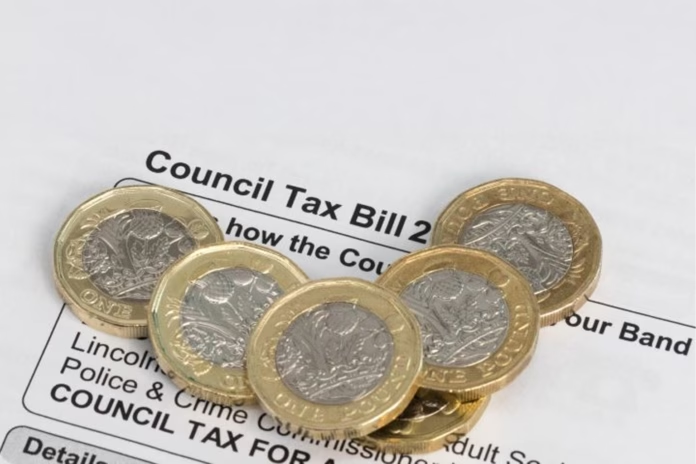The local government finance settlement does not provide “enough funding” to councils, leaving them facing “serious challenges” when balancing their budget, the Local Government Association (LGA) has warned.
At the end of December, the government announced the provisional local government finance settlement for 2024/25. It offered a 6.5% funding increase to councils, equating to an almost £4bn rise in core spending power for councils compared to the previous financial year.
In the LGA’s full response to the settlement, published this week, the organisation warned that the funding offered is “not enough” for councils to meet severe cost and demand pressures, leaving authorities with “serious challenges” when setting a balanced budget for next year.
According to the LGA’s analysis, local authorities are anticipated to face a funding gap of £4bn over the next two years.
“The 2024/25 provisional settlement does not change the funding gap facing councils.
“It is therefore unthinkable that government has not provided desperately needed new funding for local services in 2024/25. Although councils are working hard to reduce costs where possible, this means the local services our communities rely on every day are now exposed to further cuts,” the LGA explained.
Council tax not the ‘solution’
The LGA’s response highlighted that the government’s forecasts for the rise in councils’ core spending power are based on the assumption that authorities will raise their council tax by the maximum permitted without a referendum.
“The LGA has continually highlighted that council tax rises – particularly the adult social care precept – have never been the solution to the long-term pressures faced by councils. This is particularly the case for social care where increases in costs and demand do not align with capacity to raise council tax,” the organisation wrote.
In addition, shire district councils will see a lower core spending power on average next year compared to other authorities, which is something the government must address in the final settlement, the LGA stressed.
‘Reserves use put councils at risk’
Another key point of the settlement criticised by the LGA was the government’s guidance for councils to rely on reserves to help balance their budgets.
“Councils hold reserves for a reason. Earmarked reserves are held so they can plan for the future and deal with known risks; unallocated reserves so that councils can respond to immediate events and emergencies.
“Reserves can only be spent once and using reserves is not a solution to the long-term financial pressures that councils face. If councils use reserves held to cover risks, to pay for day-to-day expenditure, they potentially face a situation of not being able to deal with emergencies when they arise,” the LGA warned.
The LGA ended its response by highlighting that this is the sixth one-year settlement in a row for councils, “which continues to hamper financial planning and their [councils’] financial sustainability”.
Gove’s correspondence
The LGA’s response to the funding settlement comes as the Levelling Up, Housing and Communities (LUHC) Committee has published a letter by levelling up secretary Michael Gove concerning its current inquiry on financial distress in local authorities.
In his correspondence, Gove stated that the government will outline how it anticipates to help local authorities plan for the medium term at the next spending review, which will occur in 2025.
The secretary of state also reiterated that the government has made available £64bn through the local government finance settlement to help authorities balance their budgets. This includes an additional £2bn of government funding, with £1bn for children’s and adult social care, he added.
Gove wrote that the amount of funding provided in the settlement was given having estimated the additional resource required to fund the expenditure needs of local authorities. This was assessed using a range of forecasts and indices to estimate demographic and unit cost pressures facing local government, he explained.
In his letter, the levelling up secretary also reiterated that the government continues to monitor the financial health of authorities, with government funding not being a reason for councils’ inability to balance their budget in the past.
“Where failure has occurred, the reasons for this have been complex and are driven by a number of factors including ineffective leadership, risky commercial investments, poor culture, and poor accounting and financial practice.
“For local authorities that already consider themselves to have financial problems, DLUHC should continue to be the first port of call to discuss their options,” Gove added.
—————
FREE weekly newsletters
Subscribe to Room151 Newsletters
Follow us on LinkedIn
Follow us here
Monthly Online Treasury Briefing
Sign up here with a .gov.uk email address
Room151 Webinars
Visit the Room151 channel












